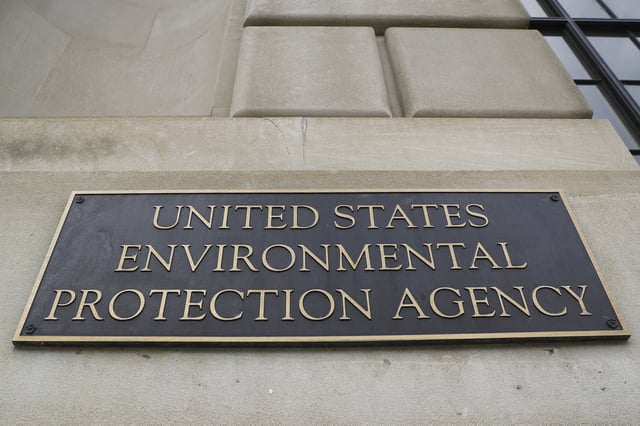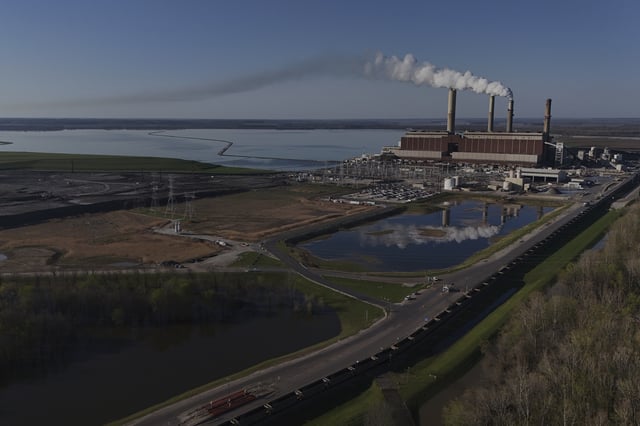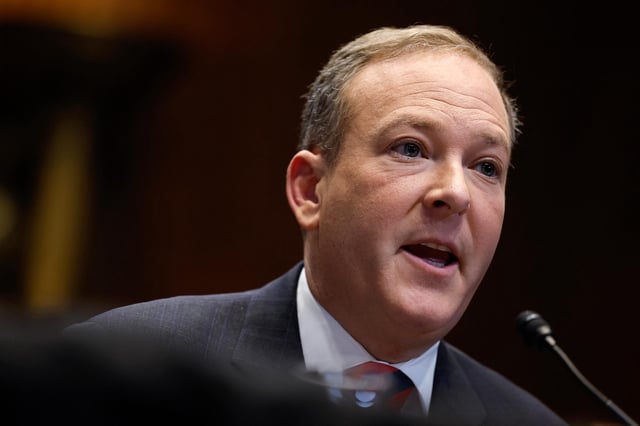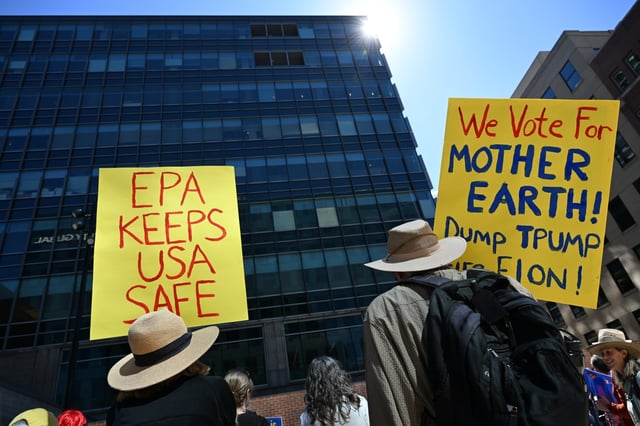Overview
- Administrator Lee Zeldin announced the suspensions under a zero-tolerance directive accusing staffers of unlawfully undermining the administration’s energy dominance agenda
- The employees had signed a “Declaration of Dissent” on June 30, joining more than 270 signatories in criticizing five policy areas from dismantling the Office of Research and Development to reversing environmental justice efforts
- Those placed on leave are in temporary, non-duty paid status pending a two-week administrative probe into their use of official titles and alleged partisan advocacy
- Union leaders and affected staff have denounced the move as retaliation for protected speech and are exploring legal challenges citing First Amendment and whistleblower protections
- The action follows broader EPA changes since January 2025, including major budget cuts, workforce reductions and rollback of climate and pollution regulations, which critics say threaten scientific integrity and public health



